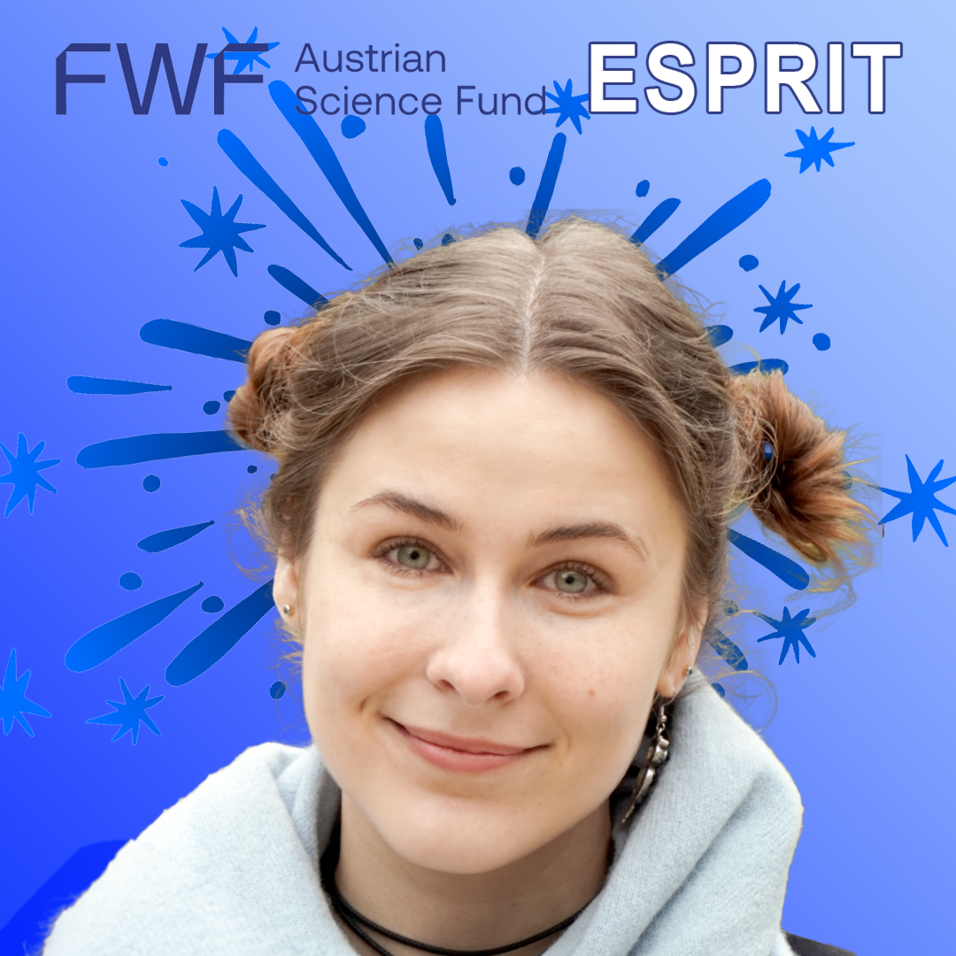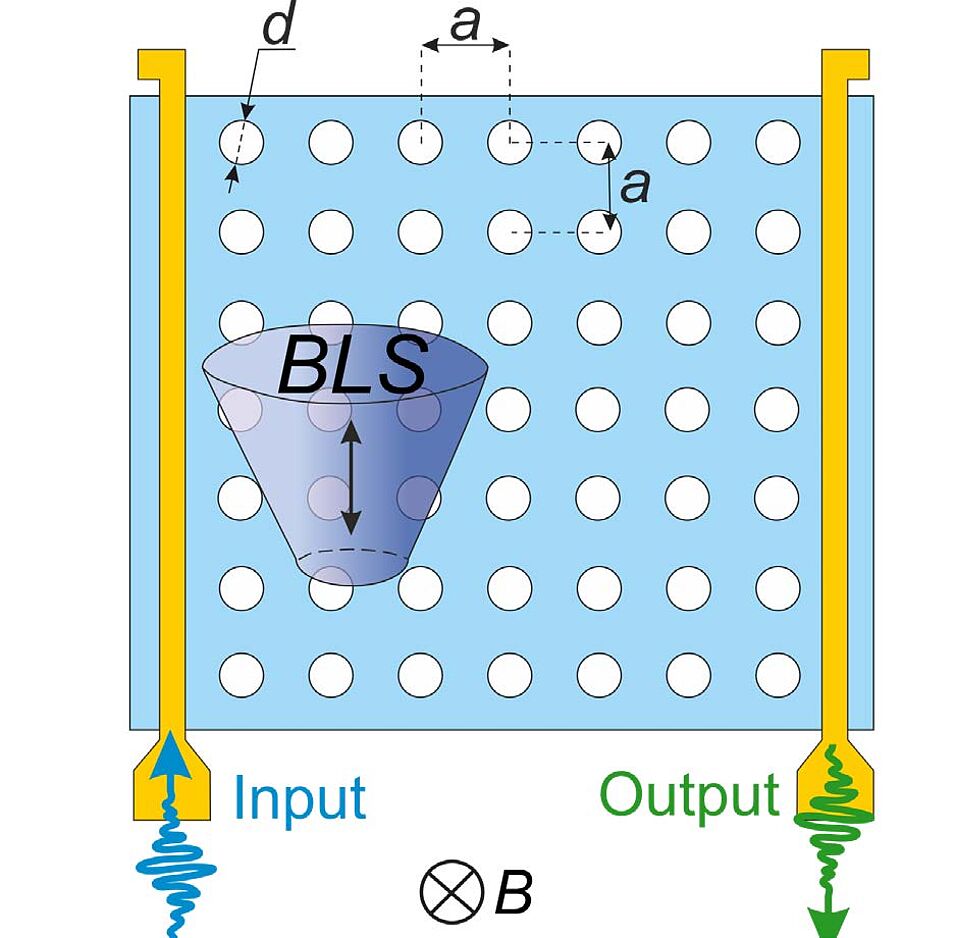Faster, smaller, more efficient – this motto for technological progress led to the computerization and automatization of everyday life. However, modern CMOS electronics and communication technology face fundamental drawbacks, ranging from relatively low operational frequencies and associated limited speed of data processing to high-power consumption. How do we tackle these?
One prominent way is magnonics – an advanced field that studies information transport and processing by spin waves in addition to or even instead of electric currents. Yet, to surpass modern technology, magnonics units’ size should be at least in the sub-micrometre range. Most importantly, this device should work reliably on such a small scale, as even a few imperfections could negatively impact performance. To address these challenges, the project “Nanoscale Topological Magnonic Crystals (TopMag), will combine magnonics and topology – a branch of mathematics, that studies material’s properties which are invariant under continuous transformations.
This is a highly innovative approach, as most of the available research in topological magnonics is theoretical, with only a handful of niche experimental realizations due to the field’s young age. Considering the emergence of works on the topological transport in accessible magnonics materials, progress in the growth of the high-quality nanoscale films of these materials and, their respective nanofabrication, the project will fill the experimental gap.
- About the principal investigator:
Dr. Krhystyna Levchenko started her physics studies at the Ternopil National Technical University, Ukraine. After being awarded her Master’s Degree, she moved to Poland, completing her PhD studies at the Institute of Physics of the Polish Academy of Sciences in Warsaw. From there, she moved to Vienna, where she has been working as a postdoctoral researcher since 2020 in our research group. Among her research interests, we highlight: structural and magnetic phenomena in thin semiconductor films and magnetization dynamics in ferrites and nano-scaled magnonics.
The project TopMag will be conducted for three years by Khrystyna with mentoring support of the Andrii Chumak. Experimentally, it will be using thin films grown by Dr. Dubs at INNOVENT (Jena, Germany). These will be simulated with support of the group of Prof. Dr. Krawczyk (Poznan, Poland) and patterned by the principal investigator at CEITEC Nano (Brno, Czech Republic).
We wish her much success!


